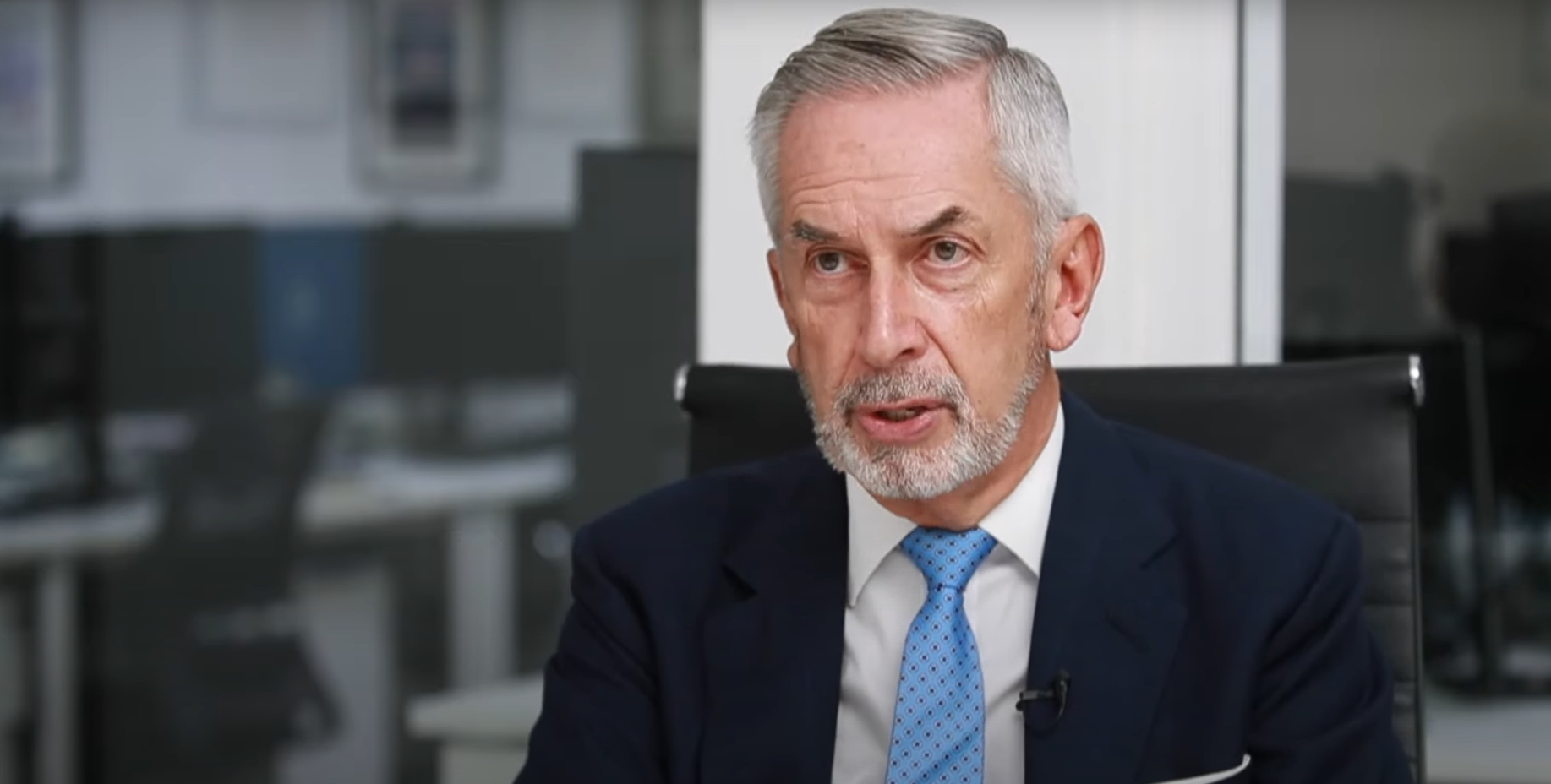Investors flee active funds, but still love Terry Smith
4th October 2022 10:39
by Sam Benstead from interactive investor
Just one active fund made the ii most-bought list in September, marking a shift to passive investments as stock markets fall.

The stock market decline over the past 12 months is putting investors off actively managed funds and pushing them towards passive funds.
For the first time ever, there was just one actively managed fund in the most bought open-ended funds during a month on the interactive investor platform.
That was Terry Smith’s giant £22 billion Fundsmith Equity, which was the most-bought fund in September, and normally claims the top spot.
Popular active funds that often make the top 10 list include Baillie Gifford American, Rathbone Global Opportunities, ClearBridge Global Infrastructure Income and Fidelity Global Technology.
However, passive funds now dominate the most-bought list. In September, the most-popular passive funds, in order of the number of buys, were: Vanguard LifeStrategy 80% Equity, Vanguard US Equity Index, Vanguard LifeStrategy 100% Equity, Vanguard FTSE Global All Cap Index, Vanguard LifeStrategy 60% Equity, L&G Global Technology Index, Vanguard FTSE Developed World Ex UK Equity Index, HSBC American Index and Fidelity Index World.
It is likely that in the face of falling markets, and particularly the sharp drop in performance of technology-focused funds, such as those from Baillie Gifford, investors are buying more passive funds because they have been burnt by owning active funds over the past year.
Passive funds simply own an entire stock market, such as a UK, US or global index, but tend to, on average, beat funds that employ a stock picker. Over the past 20 years, the FTSE All-Share index has returned 323% compared with a 279% return for the typical UK All Companies investor. In the US, the S&P 500 has returned 716% over the same period compared with a 552% return for the typical US stock picker. Global shares have returned 550% over this period compared with 426% for active managers.
- What is a passive fund and is this the best way to invest?
- Why the most-popular sector has a lack of fund winners
- Top 10 most-popular investment funds: September 2022
Passive funds are also simple to understand. As they own a wide range of different types of shares, they are much more style agnostic than active funds, which makes them appealing when markets are very volatile and it is not clear which type of investment will perform best.
Terry Smith has bucked the trend of underwhelming active fund performance. Since his flagship fund launched in 2010, it has returned 444% compared with 217% for the MSCI World global stock market index.
Even this year, as the expensive “growth” shares he buys have suffered, Smith has not trailed his peers and benchmark by too wide a gap: year-to-date Fundsmith Equity has fallen 19% compared with a 14% drop for its peers and a 10% drop for global shares.
Fundsmith Equity is a member of interactive investor’s Super 60 list of recommended funds. Dzmitry Lipksi, head of funds research at ii, says: “Fundsmith Equity has an incredibly strong track record under industry stalwart Terry Smith, which has won it numerous awards.
“The fund invests in high-quality, well established companies. Smith says he does ‘not seek to find tomorrow’s winners – rather, to invest in companies that have already won’. His approach is to pick a small selection of resilient, global growth companies that are good value, and stick with them. Only a handful of holdings have been changed since the fund’s inception.”
- Will the ‘quality’ investing style of Terry Smith and Nick Train recover?
- Terry Smith’s buying spree: should investors be concerned?
Passive investing is booming in the UK. According to data from the Investment Association (IA), a trade body, there was £290 billion invested in tracker funds in the UK. This is about 20% of all assets. The figure has been steadily growing as investors turn to cheap and often highly successful alternatives to active managers.
ii's Super 60 recommended funds list includes a number of passive strategies, such as Vanguard US Equity Index, iShares Core MSCI World ETF US, and a number of Vanguard’s LifeStrategy range.
These articles are provided for information purposes only. Occasionally, an opinion about whether to buy or sell a specific investment may be provided by third parties. The content is not intended to be a personal recommendation to buy or sell any financial instrument or product, or to adopt any investment strategy as it is not provided based on an assessment of your investing knowledge and experience, your financial situation or your investment objectives. The value of your investments, and the income derived from them, may go down as well as up. You may not get back all the money that you invest. The investments referred to in this article may not be suitable for all investors, and if in doubt, an investor should seek advice from a qualified investment adviser.
Full performance can be found on the company or index summary page on the interactive investor website. Simply click on the company's or index name highlighted in the article.